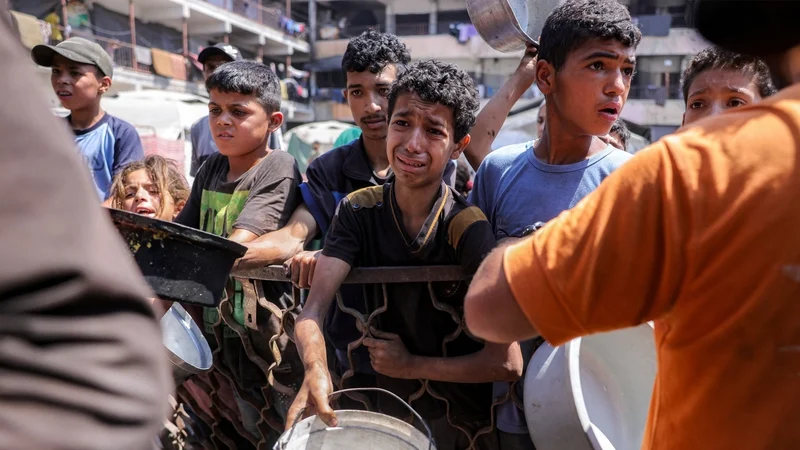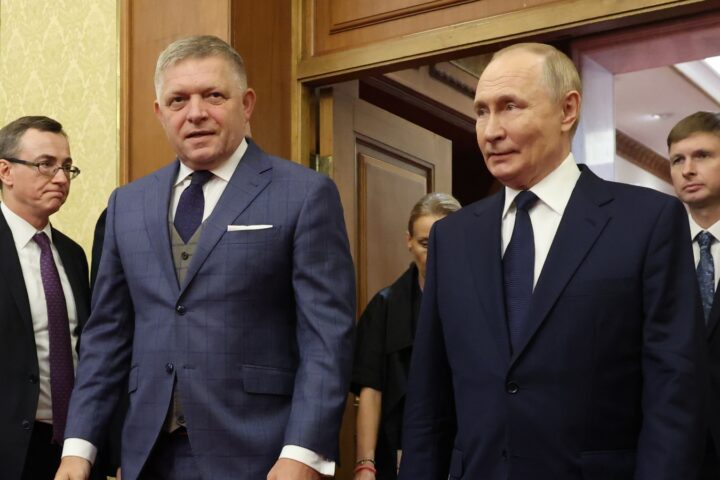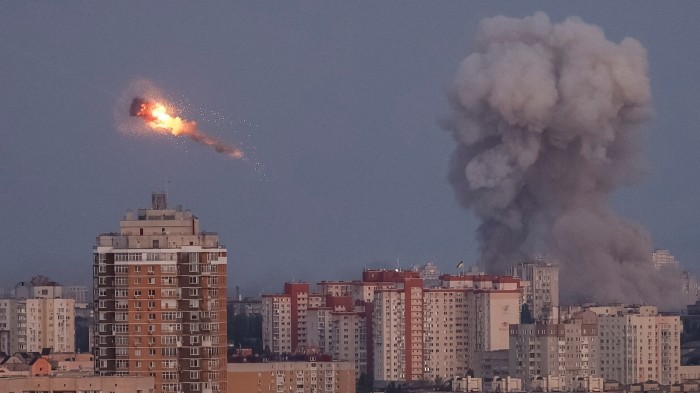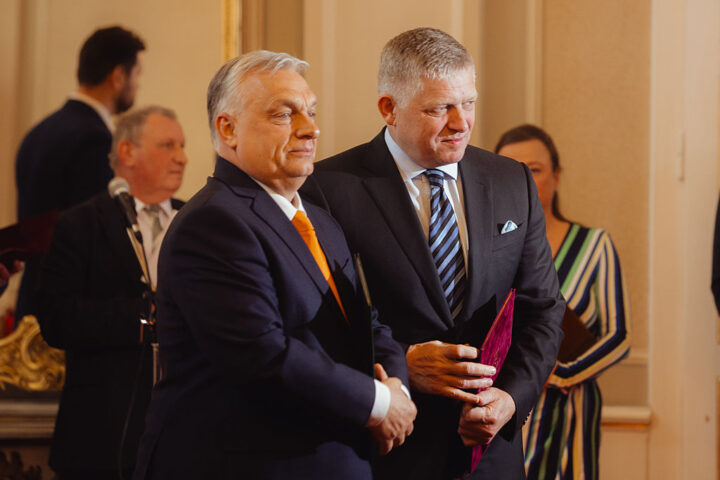EU foreign ministers will discuss a raft of options for action against Israel over the war in Gaza – but likely will not agree on any.
The bloc’s foreign policy chief Kaja Kallas has put forward ten potential steps after Israel was found to have breached the human rights obligations of the EU-Israel Association Agreement due to its conduct in Gaza.
The measures range from suspending the entire accord or curbing trade ties to sanctioning Israeli ministers, imposing an arms embargo and halting visa-free travel.
However, despite growing anger Israel’s destruction of Gaza, EU states remain divided over how to tackle Israel and diplomats claim there appears to be no critical mass for any move.
“I was asked to give the inventory of the options that could be taken and it’s up to the member states to discuss what do we do with these options,” Ms Kallas said yesterday.
The tone of discussions will be shaped strongly by how Israel is implementing a promise to the EU to improve humanitarian access to Gaza.
Ms Kallas said on Thursday that she had struck a deal with her Israeli counterpart, Gideon Saar, to open more entry points and allow in more food.
Gaza’s two million residents are facing dire humanitarian conditions as Israel has severely limited aid during its devastating war with Palestinian militant group Hamas.

“We see some good signs of more trucks getting in,” Ms Kallas said yesterday.
“But of course we know that this is not enough, and we need to push more (so) that the implementation of what we have agreed also happens on the ground.”
At a meeting of EU and neighbouring countries in Brussels yesterday, Jordanian foreign minister Ayman Safadi said the situation in Gaza remained “catastrophic”.
‘No justification’
Mr Saar, speaking at the same meeting, sounded confident his country would avoid further EU action.
“I’m sure not any of them will be adopted by the EU member states,” he said.
“There’s no justification whatsoever,” he claimed.
While the EU appears unable for now to take any further moves against Israel, just getting to this stage has been a considerable step.
The bloc only agreed to review the cooperation deal after Israel relaunched its devastating war in Gaza after it collapsed the ceasefire in March.
Until then deep divisions between countries backing Israel and those more favourable to the Palestinians had hamstrung any move.
Israel’s war was sparked by Hamas’s 7 October 2023 attack on Israel, which led to 1,219 deaths, according to an AFP tally based on official figures.
Of the 251 people taken hostage by militants that day, 49 are still held in Gaza, including 27 the Israeli military claims are dead.
Gaza’s health ministry said that at least 58,386 Palestinians, most of them civilians, have been killed by Israel. The UN considers the figures reliable.















